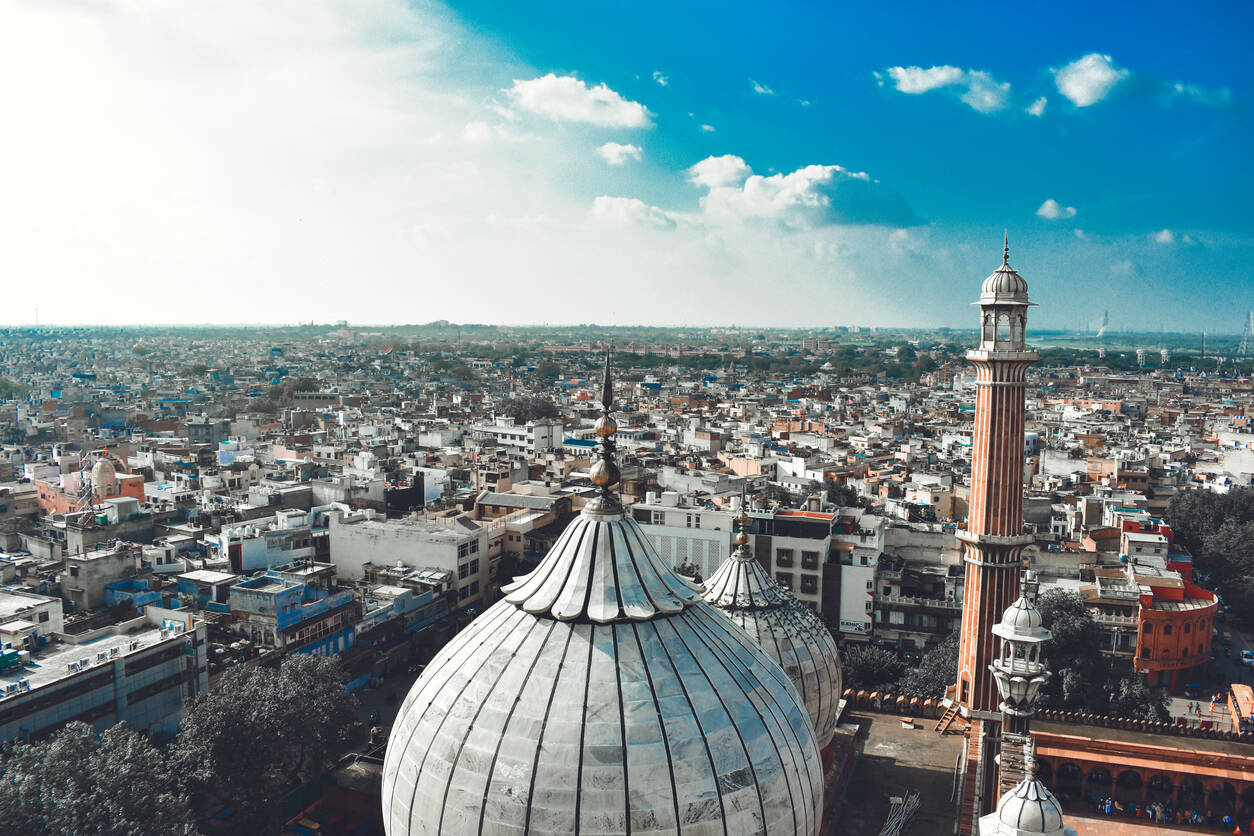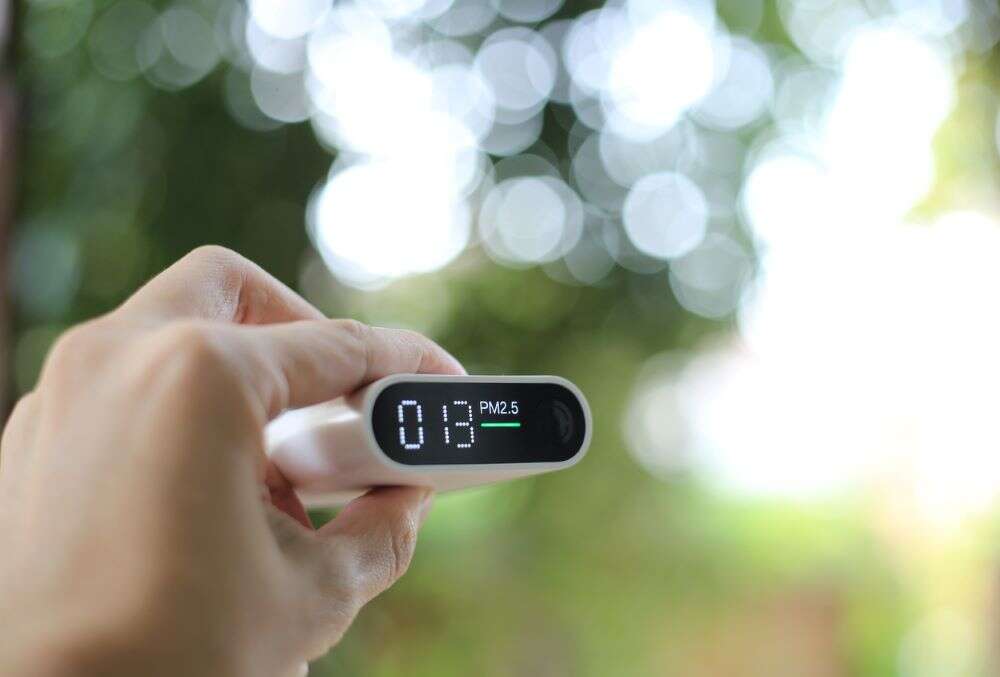NASA: Air pollution levels in north India drops to a 20-year low amid COVID-19 lockdown

The satellite data published by US space agency, National Aeronautics and Space Administration (NASA), shows that the air pollution level over northern India has dipped to a 20-year low. This result has been attributed to lockdown imposed by the government to stop the spread of the virus.
As per the news reports, the average particle matter (PM 2.5) in the air in North India has decreased by 22 per cent. The data, along with the maps, displayed how Aerosol Optical Depth (AOD) in 2020 stands when compared to the average of 2016-2019. AOD is a measure of how light is reflected or absorbed by airborne particles as it travels through the atmosphere.
Referring to this development, Pawan Gupta, a Universities Space Research Association scientist at NASA’s Marshall Space Flight Centre, stated that although they knew that they would witness changes in atmospheric composition in many places due to lockdown. However, he added that he had never witnessed aerosol values so low in the Indo-Gangetic plains at this time of the year.

Besides, Alice G Wells, Acting Assistant Secretary of State for South and Central Asia, tweeted, “These images from NASA were taken each spring starting in 2016 and show a 20-year low in airborne particle levels over India. When India and the world are ready to work and travel again, let’s not forget that collaborative action can result in cleaner air.”
Mr. Gupta mentioned that during the first few days of lockdown, no prominent changes were noticed. And although some decrease on the aerosol level was noticed, it was believed to be due to a combination of rain and lockdown. However, around March 27, the region received heavy rainfall, which further helped to clean the air of aerosols.
Gupta mentioned that after the rainfall, it was really impressive to notice that aerosol levels did not go up and return to normal. A gradual decrease was also noticed and things have been staying at the level, which might not be expected without anthropogenic emissions, he said.

